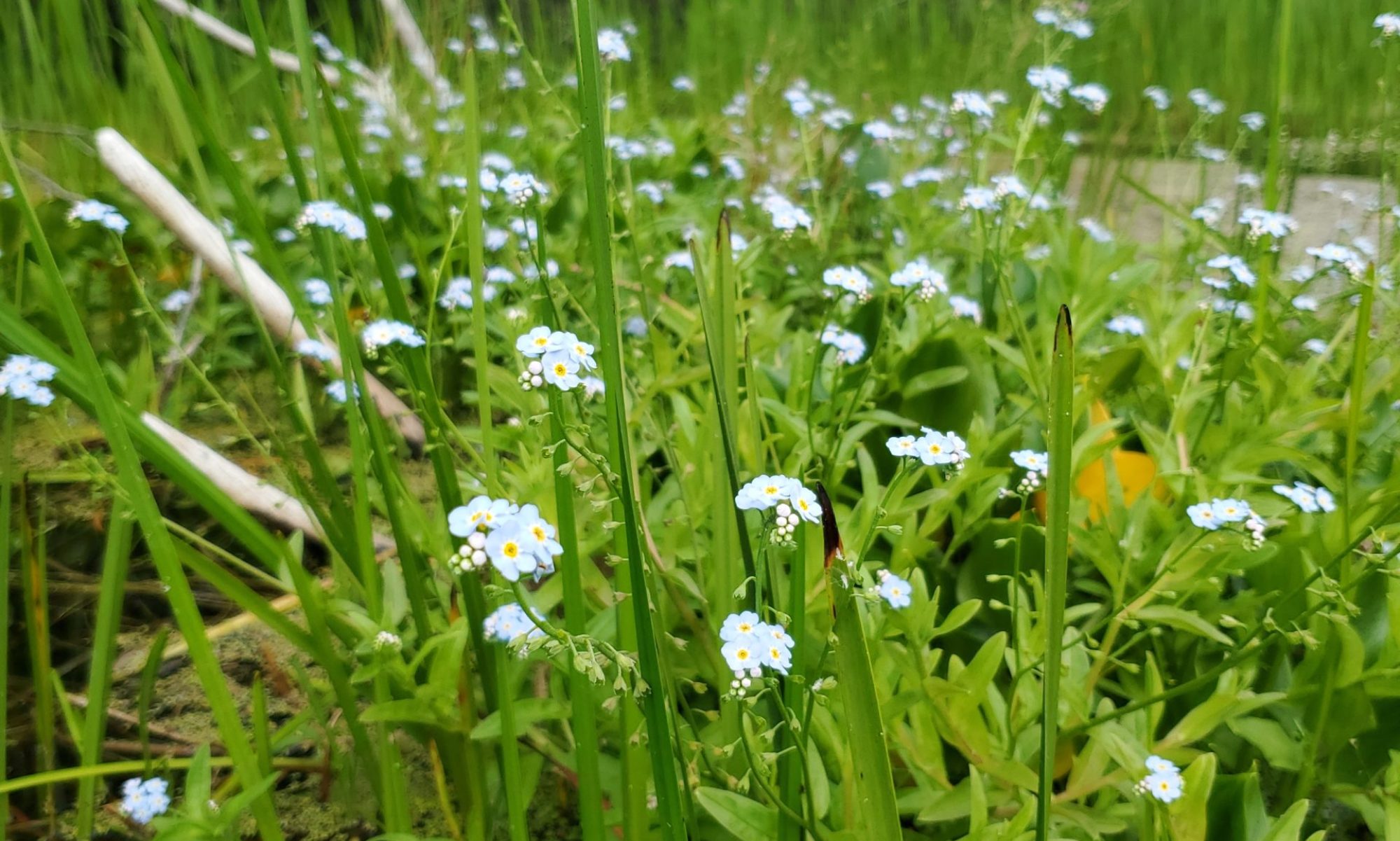On September 25th, 2020 I virtually attended a Professional Day webinar for B.C Independent Schools lead by the Professional Outreach Program for the Early Years (POPEY). The session provided me with plenty of amazing resources that I look forward to using in my own future classrooms and with my future students to help them develop their reading and writing skills; what stood out most to me about these resources is that they are so incredibly different than when I was in that age group developing my own literacy skills. Teaching children to understand what they are reading today is less “read this short story and tell me what happens” and more giving the children the tools necessary to grow the building blocks to allow them to get to a point of understanding on their own.
I learned a lot about the different ways that students can learn, and that all students will learn best in one form over another. I came to the realization that as an educator it will be very important for me to manipulate my lesson plans so that they can serve all of my students and cater to the different ways of learning. The POPEY website offers a good deal of resources that can help me out with that. Every so often during the webinar we were split up into breakout rooms so that we could discuss these topics with smaller groups of educators and compare notes. As a student myself with limited experience in schools I was really excited for the opportunity to pick the minds of people who have been in the profession for years already and to ask them what works best for their classrooms. I received a lot of mixed information (as all teachers organize their lessons differently) but what I took most from the experience is that regardless of the students’ learning style or preference, what will help them learn the most is by actually practicing the lesson at hand, no matter what that practice looks like. We cannot expect our students to watch a video and know how to do something, they need hands on experience to become familiar.
The information that I learned at this session is important to me because my main insecurity about becoming a teacher is that I won’t be able to get some of my lessons entirely through to a student, that no matter how or what I teach them it just might not work. POPEY taught me that there are limitless methods and resources that a teacher can use to work with their students while also ensuring that their learning can be fun, creative and impactful. I was assured by this Professional Day that the network and community of educators available to me as resources themselves can offer me a world of support if or when I may need it in my first few years of teaching.
There was one resource in particular that stood out to me that I plan on using in my own future classroom, The Hand of Knowledge. This is an activity that I can see myself using on the first day of class that can serve as an ice-breaker, it will also allow me to begin to understand my students’ learning methods as well as get them to reflect on themselves and their own goals or desires. The Hand of Knowledge activity would begin with students either getting a print out of the outline of a hand or tracing their own hand on a piece of paper (I would prefer the latter). Then, in each finger they would write the following:
Do they have any worries about school? Or anything else?
How do they like to learn best?
What is something interesting that they learned not at school?
What is something they are really good at?
What do they do for fun in their free time?
And in the palm of their hand they would write the answer to:
What is their dream? Or, what are their hopes for the future?
This activity stands out so much to me because I feel that children are not often given the opportunity to express themselves. With The Hand of Knowledge there are no right or wrong answers, there are no expectations or guidelines. I want my students to all know that they are individuals and that they are all unique. I need them to know that there is no wrong way of learning, growing, or creating.
